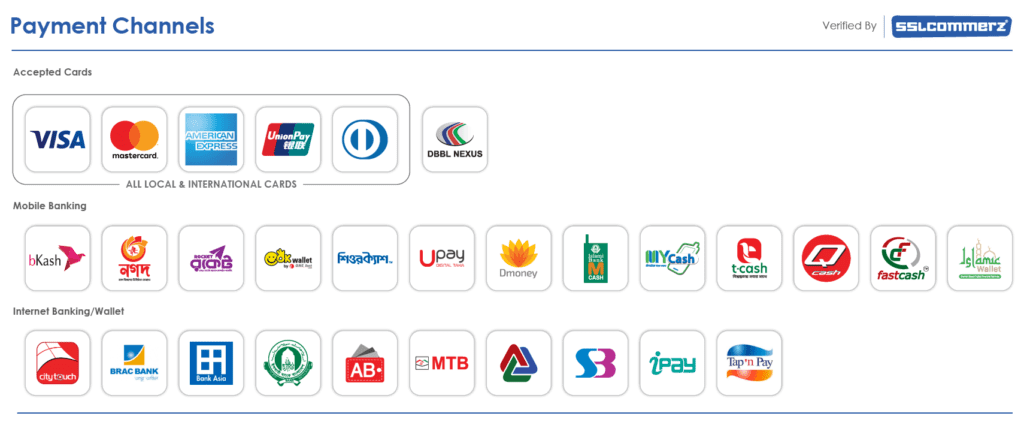Contact

House: 113/A, Road: 02, Niketon, Gulshan 1, Dhaka 1212, Bangladesh
+880258812791
+880258810627
+8801729070909
+8801729070872
bracu.ied@bracu.ac.bd
TERMS OF USE
PAYMENT METHODS

Batch 7 starts on 3rd April 2026
Group discounts applicable
| Part | Days | Time |
|---|---|---|
| Theory Part | Online( Friday, Saturday) | 9 AM - 4:30PM |
| Practicum Part | Online (Friday,Saturday) Face to Face (Friday,Saturday) |
9 AM - 4:30PM |
| Supervision | Online (Friday, Saturday) | 10 AM - 1:00PM |
This certification course aims to develop psychosocial support skills in participants. Through
hands-on experiences and access to knowledge resources, participants will gain the ability to
visualize, understand, and actively promote best practices for mental health and psychosocial
support within their workplace. The course consists of three main components: theoretical
content, practicum, and assessment.Participants will complete assignments that will enable them
to understand the country’s mental health scenario. That involves the orientation of climate
change and its effect on mental health, as well as neurodevelopmental disorders including some
management techniques, service provisions, resource allocation, and challenges with regard to a
specific population. By practicing these learned skills, participants will be equipped to support
themselves as well as others in improving the mental health conditions of the people in the
community.
On successful completion of this course, participants will gain the following knowledge and skills :
Knowledge
Skills and Competencies
Participants who will be eager to enroll themselves in this course will required to have the following qualities:
During the practicum, participants will be engaged in 7 hours of day-long sessions with the psychologists for 5 days in blended modality. The practicum will focus more on hands-on activity where participants will practice with the psychologists about providing group sessions and individual psychosocial support sessions. Participants will learn by demonstrating role play and also from the case experiences shared by experienced psychologists through the practicum process. The participant will also gather more exposure about ways of questioning, session structure, client identification, client assessment, case formulation through some individual and group works like role playing, poster presentation etc. Apart from that, participants may also seek clarification on any topic that remains unclear to them from the basic training, by discussing them with the psychologist throughout the practicum. After the practicum, the participants will potentially consolidate gathered psychosocial support experience and, through identification/observation/experiential learning via working directly with potential clients under the direct supervision from the psychologists.
Contact

TERMS OF USE
